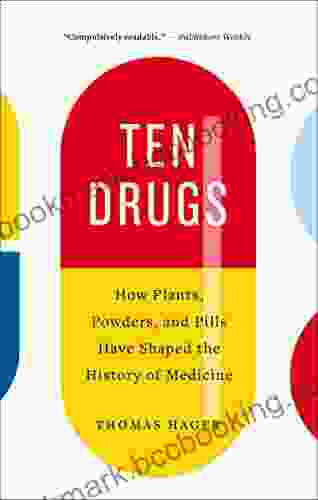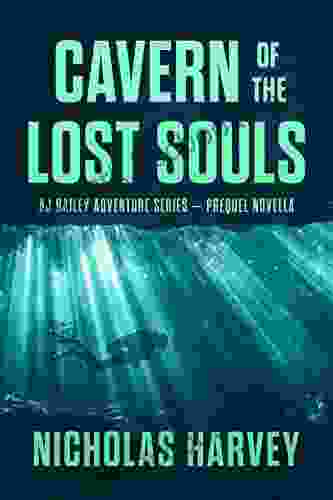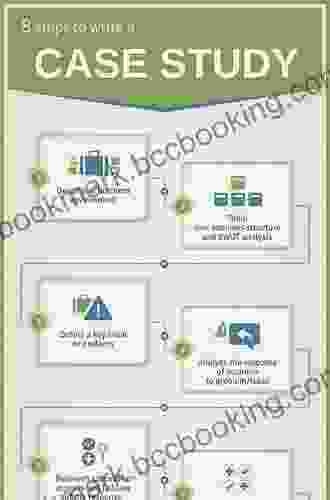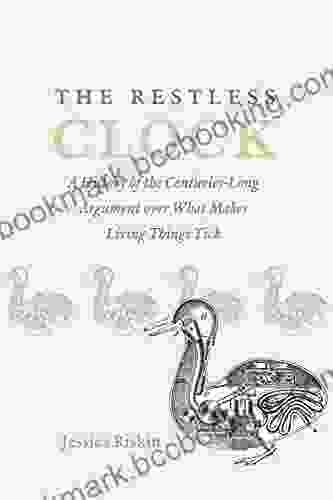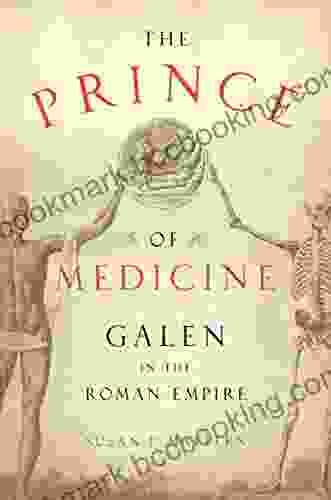Unlocking the Healing Power of Plants: A Journey Through Medicinal Powders and Pills

Since time immemorial, plants have been esteemed as nature's pharmacy, providing humanity with a vast array of medicinal remedies. From ancient civilizations to modern-day pharmaceuticals, plants have played a pivotal role in shaping the history of medicine. In his groundbreaking book, "How Plants, Powders, and Pills Have Shaped the History of Medicine," renowned ethnobotanist Dr. James Duke unveils the fascinating tale of how plants have healed, cured, and transformed human lives.
Chapter 1: The Dawn of Plant-Based Medicine
The history of medicinal plants dates back to the very origins of human civilization. Our ancestors, intimately connected to their natural surroundings, relied heavily on plants for sustenance and healing. Archeological evidence suggests that as early as the Stone Age, humans utilized plants like chamomile, yarrow, and willow bark to treat ailments.
4.7 out of 5
| Language | : | English |
| File size | : | 5738 KB |
| Text-to-Speech | : | Enabled |
| Screen Reader | : | Supported |
| Enhanced typesetting | : | Enabled |
| X-Ray | : | Enabled |
| Word Wise | : | Enabled |
| Print length | : | 308 pages |
| Lending | : | Enabled |
Chapter 2: The Rise of Herbalism
As human societies evolved, so did their knowledge of plant medicine. Ancient civilizations, such as the Egyptians, Greeks, and Chinese, developed sophisticated systems of herbalism. Scribes meticulously documented the therapeutic properties of plants, creating vast compendia of medicinal knowledge.
> 
Chapter 3: The Apothecaries and the Birth of Pharmacy
During the Middle Ages, apothecaries emerged as centers of medical knowledge and expertise. These skilled practitioners combined their understanding of herbs with alchemy and astrology to create a wide range of medicinal preparations. Powders, pills, and potions became the primary means of delivering plant-based remedies to patients.
Chapter 4: The Golden Age of Plant Medicine
The Renaissance witnessed an explosion of scientific inquiry, including a newfound appreciation for the medicinal value of plants. Botanists, herbalists, and physicians collaborated to identify new plant species and refine existing remedies. This period saw the rise of influential figures like Paracelsus, who emphasized the importance of dosage and individualized treatment.
Chapter 5: The Enlightenment and the Rise of Modern Medicine
The Enlightenment brought about a shift in medical thinking, as scientific methods gained prominence. Chemists isolated active ingredients from plants, leading to the development of standardized medicines. However, this era also saw the decline of traditional herbalism as mainstream medicine embraced synthetic drugs.
Chapter 6: The Rediscovery of Plant-Based Healing
In recent decades, there has been a resurgence of interest in plant-based medicine. Growing concerns about the side effects of synthetic drugs and the desire for a more holistic approach to healthcare have sparked a renewed appreciation for the therapeutic potential of plants.
Chapter 7: The Future of Plant Medicine
As we continue to explore the immense biodiversity of our planet, the potential for discovering new and effective medicinal plants remains vast. Ethnobotanical research, combined with advanced scientific techniques, holds the promise of unlocking the full healing power of the plant kingdom.
Dr. Duke's "How Plants, Powders, and Pills Have Shaped the History of Medicine" is a captivating read that vividly chronicles the profound impact plants have had on human health throughout the ages. From the intuitive wisdom of ancient healers to the scientific advancements of modern medicine, this book celebrates the enduring legacy of plant-based remedies. As we navigate the complex world of healthcare, it is more crucial than ever to rediscover the healing power of the natural world that surrounds us.
4.7 out of 5
| Language | : | English |
| File size | : | 5738 KB |
| Text-to-Speech | : | Enabled |
| Screen Reader | : | Supported |
| Enhanced typesetting | : | Enabled |
| X-Ray | : | Enabled |
| Word Wise | : | Enabled |
| Print length | : | 308 pages |
| Lending | : | Enabled |
Do you want to contribute by writing guest posts on this blog?
Please contact us and send us a resume of previous articles that you have written.
 Book
Book Novel
Novel Page
Page Chapter
Chapter Text
Text Story
Story Genre
Genre Reader
Reader Library
Library Paperback
Paperback E-book
E-book Magazine
Magazine Newspaper
Newspaper Paragraph
Paragraph Sentence
Sentence Bookmark
Bookmark Shelf
Shelf Glossary
Glossary Bibliography
Bibliography Foreword
Foreword Preface
Preface Synopsis
Synopsis Annotation
Annotation Footnote
Footnote Manuscript
Manuscript Scroll
Scroll Codex
Codex Tome
Tome Bestseller
Bestseller Classics
Classics Library card
Library card Narrative
Narrative Biography
Biography Autobiography
Autobiography Memoir
Memoir Reference
Reference Encyclopedia
Encyclopedia Wanza Leftwich
Wanza Leftwich Jill H Rathus
Jill H Rathus John Fry
John Fry Kitty Williams
Kitty Williams Malcolm Jones
Malcolm Jones Jennie Nash
Jennie Nash Todd Mcgowan
Todd Mcgowan Jennifer Small
Jennifer Small Paul Steinberg
Paul Steinberg Jenny Heijun Wills
Jenny Heijun Wills Jenny Valentine
Jenny Valentine Jen Hansard
Jen Hansard Jenny Mccarthy
Jenny Mccarthy Jen Lancaster
Jen Lancaster Jim Hartnett Pga
Jim Hartnett Pga Jennet Conant
Jennet Conant Jenn Davis
Jenn Davis Jenara Nerenberg
Jenara Nerenberg Jennifer Kingsley
Jennifer Kingsley Jeffrey M Pilcher
Jeffrey M Pilcher
Light bulbAdvertise smarter! Our strategic ad space ensures maximum exposure. Reserve your spot today!

 Colby CoxUtopia Revisited: Reclaiming the Timeless Wisdom of Wallace Wattles for a New...
Colby CoxUtopia Revisited: Reclaiming the Timeless Wisdom of Wallace Wattles for a New... Geoffrey BlairFollow ·16.8k
Geoffrey BlairFollow ·16.8k Grayson BellFollow ·8.7k
Grayson BellFollow ·8.7k Jorge Luis BorgesFollow ·8.6k
Jorge Luis BorgesFollow ·8.6k Tyrone PowellFollow ·17.1k
Tyrone PowellFollow ·17.1k Joel MitchellFollow ·12.6k
Joel MitchellFollow ·12.6k Vic ParkerFollow ·11.7k
Vic ParkerFollow ·11.7k Anton ChekhovFollow ·2.5k
Anton ChekhovFollow ·2.5k Vladimir NabokovFollow ·16.2k
Vladimir NabokovFollow ·16.2k
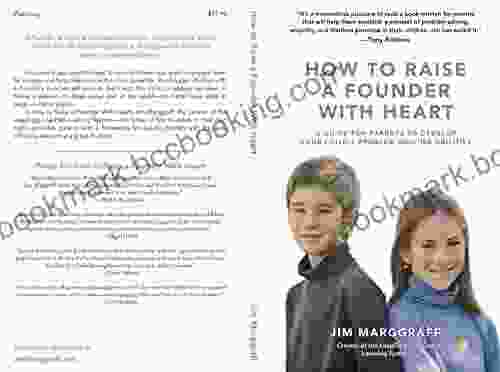
 Patrick Rothfuss
Patrick RothfussGuide for Parents: Unlocking Your Child's Problem-Solving...
As a parent, you...

 Ignacio Hayes
Ignacio HayesThe Good Girls of Al Noor: A Gripping Tale of Hope and...
On March 15, 2019, a...

 Lee Simmons
Lee Simmons50 Games and Activities for All the Turkeys at Your...
Thanksgiving is a time for family, friends,...

 Sean Turner
Sean TurnerRewiring the World: From Edison to Google - The...
A Captivating...
4.7 out of 5
| Language | : | English |
| File size | : | 5738 KB |
| Text-to-Speech | : | Enabled |
| Screen Reader | : | Supported |
| Enhanced typesetting | : | Enabled |
| X-Ray | : | Enabled |
| Word Wise | : | Enabled |
| Print length | : | 308 pages |
| Lending | : | Enabled |


